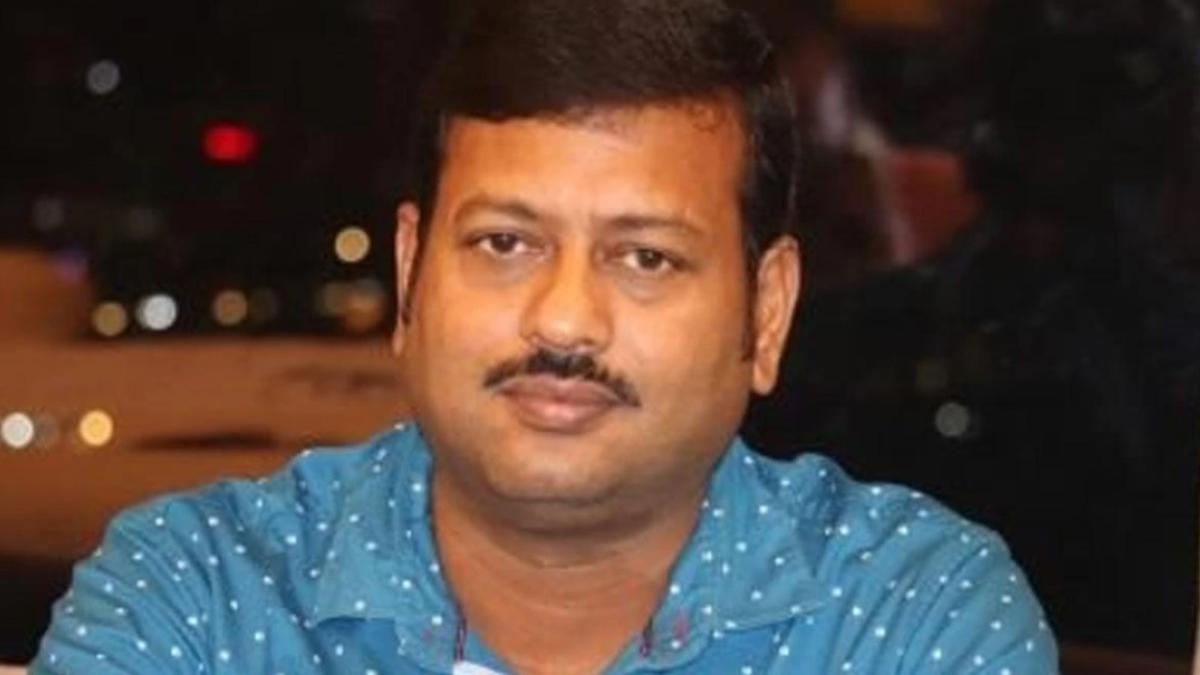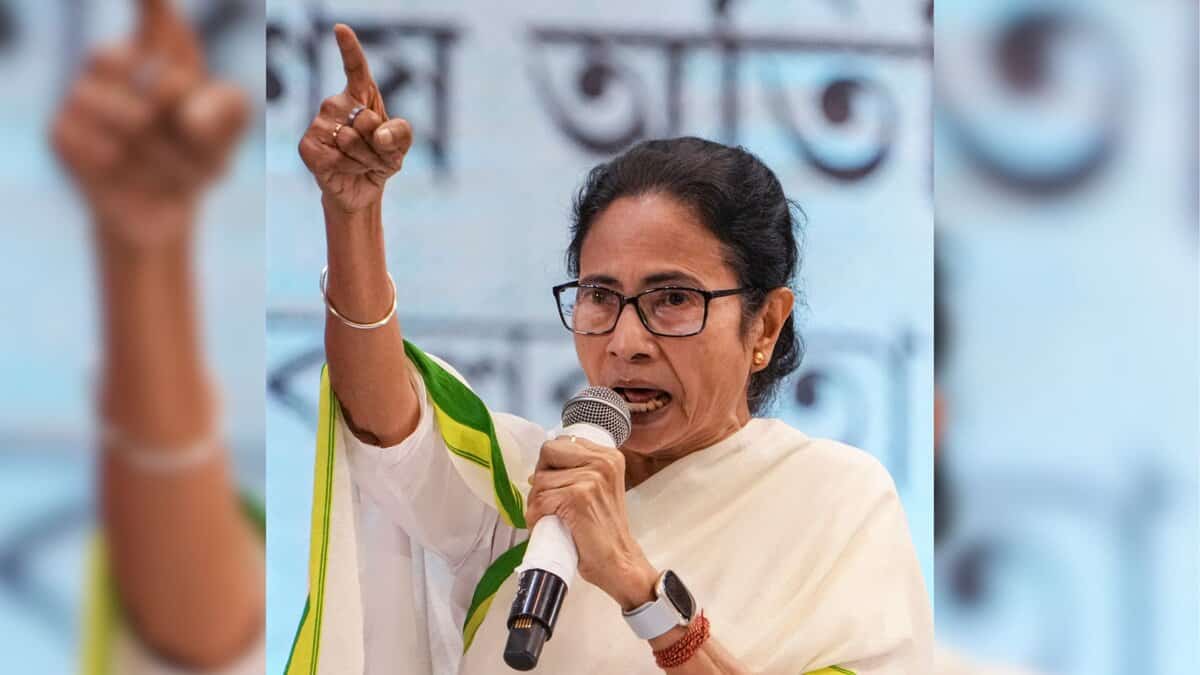Baby Chakraborty, KalimNews, Kolkata, July 10, 2025 : In a significant and measured departure from the prevailing tone of political discourse, veteran Bharatiya Janata Party (BJP) leader Shamik Bhattacharya has reaffirmed his commitment to ideological politics, cautioning against personal attacks and divisive rhetoric. Launching what many are calling a new chapter in state BJP politics, Bhattacharya made it clear that for him, politics is a clash of principles—not personalities.
Speaking to reporters, Bhattacharya identified West Bengal Chief Minister Mamata Banerjee as the BJP’s principal political opponent. However, he strongly opposed engaging in personal attacks against her, asserting, “Mamata Banerjee is the main opponent. However, attacking her personally is not the work of politics. Politics means a fight of one ideology with another ideology, a clash of one program with a counter-program.” His remarks stand in stark contrast to the aggressive and often personal tone taken by a section of BJP leaders, especially those from the newer crop of state leadership.
In a further attempt to reframe the party’s image, Bhattacharya also addressed the minority communities directly, urging them not to see the BJP as an adversary. This message, seen as an effort to distance himself from religion-based polarisation, aligns with his broader narrative of inclusive, issue-based politics. Political observers note that his appeal is likely aimed at dismantling longstanding apprehensions about the BJP among minority groups in Bengal.
Bhattacharya’s comments are being widely viewed as a rebuke—though implicit—of the confrontational and Hindutva-driven approach espoused by leaders like Suvendu Adhikari, who have regularly courted controversy with provocative statements against Chief Minister Mamata Banerjee. In contrast, Shamik’s tone has been described by political commentators as “grounded,” “rational,” and “more mature,” reflective of a faction within the BJP that favours ideological clarity over inflammatory theatrics.
According to political analysts, Bhattacharya represents a growing divide within the state BJP—between those who advocate combative identity politics and those pushing for a more constructive, policy-driven opposition. “The ideological divide within the BJP is becoming more pronounced. Shamik is a healthy example of it,” said one political expert, underscoring the broader implications of this internal evolution within the party.
However, as Bhattacharya takes this relatively rare path of moderation within the high-pitched environment of Bengal politics, a lingering question remains—how long will this politics of tolerance and ideological discourse be sustainable in the face of rising factionalism? And more importantly, will his voice of restraint and ideological focus gain enough traction within the saffron camp to influence its direction ahead of the next electoral battles?
For now, Shamik Bhattacharya’s positioning marks a notable shift and may signal an emerging rethink in the BJP’s Bengal strategy—one that could either redefine or isolate his brand of politics in the months to come.


/indian-express-bangla/media/media_files/2025/07/03/samik-2025-07-03-10-39-54.jpg)




